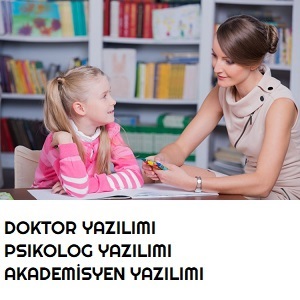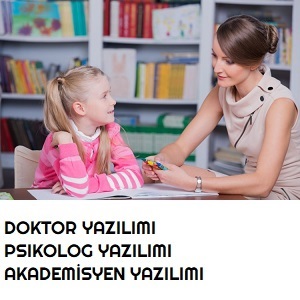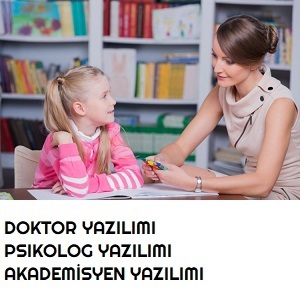Hidden Danger in Allergic Children: Beware of the Cavity Epidemic!
Allergic conditions like asthma can increase cavity risks in children. Dr. Nurgül Demir provides essential tips on protecting oral health, from proper medication use to regular dental check-ups.

Hidden Danger in Allergic Children: Beware of the Cavity Epidemic!
Allergic conditions like hay fever and asthma don't just affect children's respiratory health—they can also pose a serious threat to their oral health. Pediatric Dentist Dr. Nurgül Demir warns that regular use of certain medications and specific breathing habits in allergic children can significantly increase the risk of cavities.
Mouth Breathing and Cavity Risk in Allergic Children
Allergic children are particularly vulnerable to oral health issues. “Asthma inhalers and other commonly used medications can alter the oral pH, weakening the enamel and increasing the risk of cavities, especially in children with delicate milk teeth,” explains Dr. Demir.
She emphasizes the importance of rinsing the mouth thoroughly with water after taking medications. However, she advises against brushing teeth immediately after medication use, as it can exacerbate enamel wear. Instead, parents should wait 30-45 minutes before brushing.
Impact of Mouth Breathing on Oral Health
Children who habitually breathe through their mouths are at higher risk for oral health issues. Dr. Demir highlights that mouth breathing reduces saliva production, leading to dry mouth, bad breath, fungal infections, and gum disease. Additionally, it can hinder jaw development. Regular dental check-ups every three months are crucial for these children.
Dr. Nurgül Demir’s 5 Essential Tips for Allergic Children
-
Opt for Sugar-Free Medications and a Balanced Diet
Avoid sugary medications and carbohydrate-heavy foods to reduce cavity risk. -
Rinse After Medications
Always rinse the mouth with water after medication use but wait before brushing teeth to prevent enamel erosion. -
Use Fluoride Toothpaste
Brush teeth regularly with fluoride toothpaste under parental supervision. -
Collaborate With Healthcare Professionals
Consult both your pediatrician and dentist to choose medications with lower acidity. -
Maintain Regular Dental Visits
Schedule dental check-ups every three months to minimize cavity risks and ensure optimal oral health.
Prevention is Key to a Healthy Smile
Dr. Demir emphasizes that proactive dental care is vital for children with allergies. “Cavities and oral health issues can have long-term effects, but with proper habits and regular monitoring, parents can protect their children’s future smiles,” she says.











